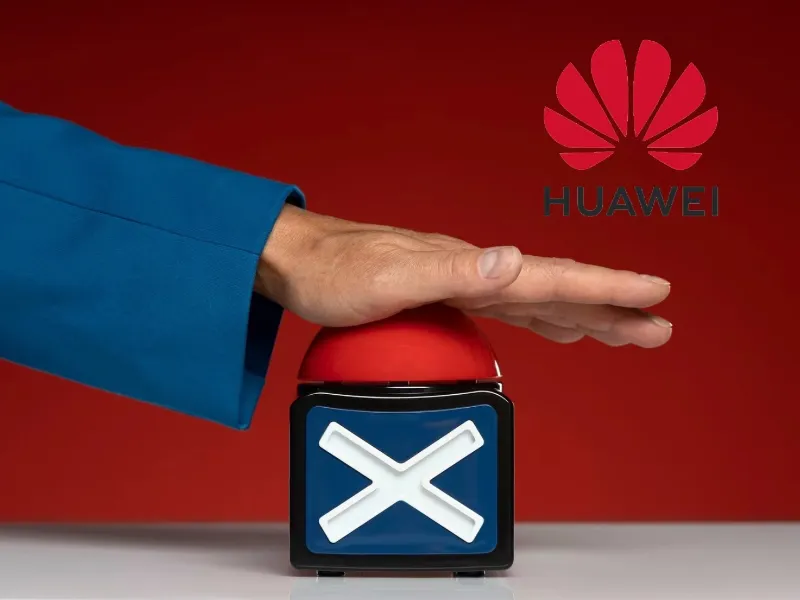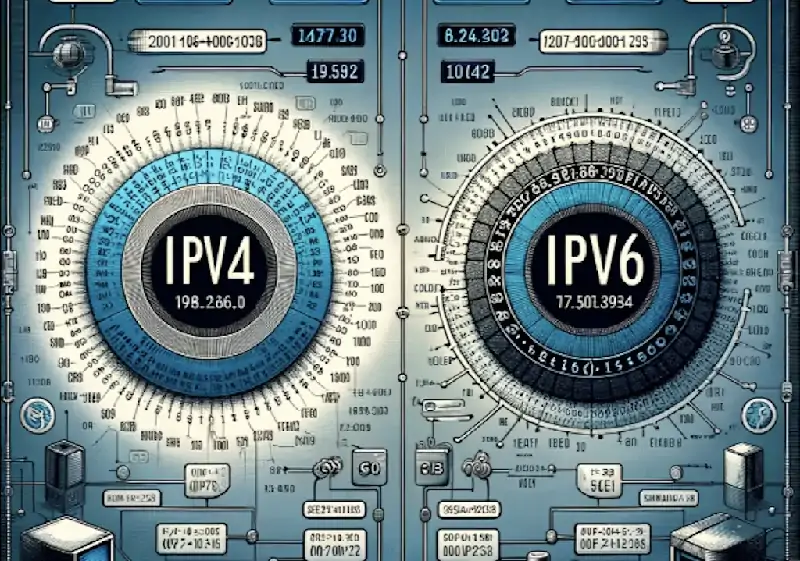- US and allied countries are concerned about potential backdoors or security vulnerabilities in Huawei equipment, especially in 5G networks, leading to restrictive measures for national and network security.
- Huawei’s advancements in telecommunications, 5G, AI, and IoT challenge US technological innovation and competitiveness, prompting restrictions to prevent its expansion in critical technology areas.
- Restrictions on Huawei are part of the US trade strategy to achieve balance with China, protect economic interests, and influence US-China trade dynamics and economic competitiveness.
In May 2019, the US government placed Huawei on its entity list, prohibiting American companies from conducting commercial transactions with Huawei. This measure significantly impacted Huawei’s business development in the US market. Additionally, the US encouraged allied and partner countries to restrict or exclude Huawei equipment from their 5G network deployments, citing it as a security threat. The US sanctions and pressure on Huawei have multiple reasons.
Security concerns
As a global leading supplier of telecommunications equipment, Huawei’s products and technologies are widely used worldwide. However, the US government and some allied countries have serious concerns about the security of Huawei equipment. They believe that Huawei may have backdoors or security vulnerabilities that could be exploited for cyber attacks or espionage activities. Especially in the 5G era, due to the criticality and complexity of 5G networks, security concerns are more prominent. To safeguard national and network security, the US government implemented restrictive measures, banning or limiting the use of Huawei equipment in critical infrastructure.
Also read: What is device management in IoT?
Technological competition
Huawei has made significant advancements in telecommunications and 5G, becoming one of the global leaders in telecommunications equipment. The US government is concerned that Huawei’s technological prowess may threaten the US technology industry and its competitive position. Particularly in emerging technology areas like artificial intelligence, and the Internet of Things (IoT), Huawei has also increased its investments and research efforts, posing a challenge to US technological innovation and competitiveness. Therefore, to maintain its position and competitive advantage in the technology field, the US government imposed restrictions to prevent Huawei’s expansion and influence in critical technology areas.
Also read: What is the most prevalent cyber threat from IoT devices?
Trade strategy
The US-China relationship involves complex economic relations and trade disputes, with differences in trade, technology, and industrial policies. Imposing restrictions on Huawei can be seen as part of the US trade strategy, aiming to achieve a trade balance with China and protect US economic interests. As a prominent Chinese company with significant global economic influence, Huawei’s development is closely related to US-China trade relations. Hence, the US government’s restrictive measures against Huawei are an attempt to influence the US-China trade dynamics and economic competitiveness.
Political factors
Huawei plays a crucial role in the political competition and tensions between the US and China. The US government’s actions against Huawei are also influenced by political factors, reflecting the complexity of international relations and geopolitics. Especially against the backdrop of recent tensions in US-China relations, Huawei has become a political tool and symbol. Its technological prowess and international influence are part of the power struggles and competition between the US and China.









